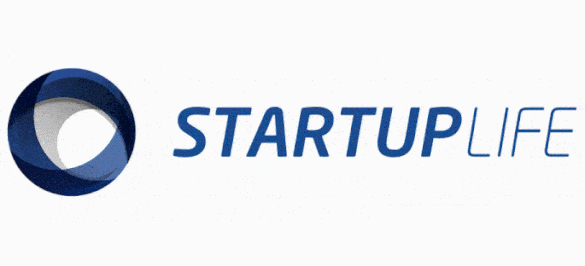By Luisa Bombarda and Layon Lopes
The matchfunding contract is currently in evidence in the market, especially in technology in general. However, for us to enjoy its benefits and particularities, we must first understand what this type of contract is.
Initially, it is necessary to describe what crowdfunding is, a term that is extremely present in the daily life of companies in recent times. It is the union of the terms “crowd“, which means to gather around someone, while “funding” means “financing”. Thus, crowdfunding is nothing more than crowding together through something that is financed i.e., for example, a collective funding, or, in Portuguese, as we popularly call it, a “Vaquinha“.
The crowdfunding contract is configured, therefore, as the way that individuals and the Law found to provide the possibility of gathering values, from several people, in order to achieve a certain goal, usually related to helping people with health treatment or affected by natural disasters, funding the expenses of animals, among others.
The term matchfunding, in turn, comes from the union of the English term “match” which means “to combine with”, “to equal”; with “funding” which means, as we saw before, “financing“. Therefore, matchfunding, in the literal sense of the term, has the meaning of combining or matching funding through various combinations.
It is then a form of collective investment, being recognized as a crowdfunding model, in which individuals have to raise investments for the Campaigns developed, proposing clear and possible goals. In other words, a person has an idea or a need to raise money for a certain purpose and, in order to reach the amount, develops a Campaign and advertises his idea to people and companies to seek help.
At this point, we ask ourselves: how does it work to raise these values?
It works as follows: a person, with an idea and goals already defined, creates a Campaign in which he or she makes available the reason for which he or she seeks the values, what he or she will do with the amount that is gained, and how much is needed to reach the end. To reach a larger number of people who are compacted and sensitive to the cause, the person registers the “vaquinha” on a specific platform for this purpose.
People who are interested in the Campaign can donate amounts to help achieve the goal, helping with whatever they can and have available for that purpose. At the same time, companies that are interested in the Campaigns can sponsor them, helping in the dissemination and often even doubling or even tripling the amounts donated.
Thus, there is a greater chance of profitability obtained by the creator of the Campaign, depending on whether the goal attracts the interest of sponsoring companies and third parties, as well as the sponsoring company ends up getting greater visibility in the media and platforms due to the wide publicity of the Campaign. Besides, of course, being publicized on the networks and digital platforms, reaching as many people as possible and becoming recognized in the environment in which it is inserted.
It is worth noting that several companies can sponsor the same campaign, in the way that is most interesting to them considering the main objective, which will bring even more prominence to society and the market, as will be shown below.
Right, but what are the advantages for the sponsoring companies?
Through the sponsorship of campaigns, using matchfunding, companies will have greater visibility as to the objectives involved in the same, since there is great publicity and marketing involved for it to get the best possible results. That is, if the Campaign is focused on raising funds to help families on the river banks due to hunger, the company that sponsors it will be recognized and seen in riverside society in general, including the state where it is located and depending on the proportion that the Campaign reaches.
Consequently, the company generates more impact for society, strengthening the network of entrepreneurs, as well as encouraging investment in projects of collective interest, as the example above. If a campaign is successful, it may encourage other campaigns in the state and even in the national territory, which generates a network of solidarity, investment and interest in the sponsoring companies.
Therefore, we conclude that matchfunding contracts are widely used nowadays and have a bias of helping the population to solve social problems through which companies can sponsor the Campaigns and, concomitantly, obtain an organic gain of customers and visibility due to the good action that is being performed.
* Layon Lopes is the CEO of Silva | Lopes and Luisa Bombarda is a member of the Silva | Lopes team.







